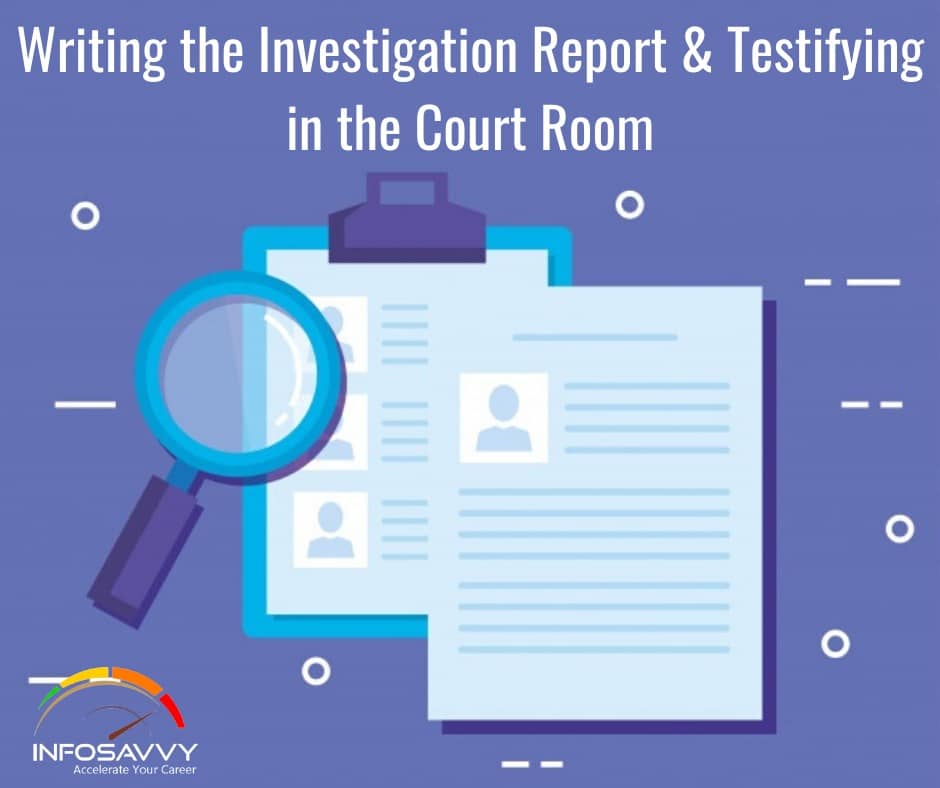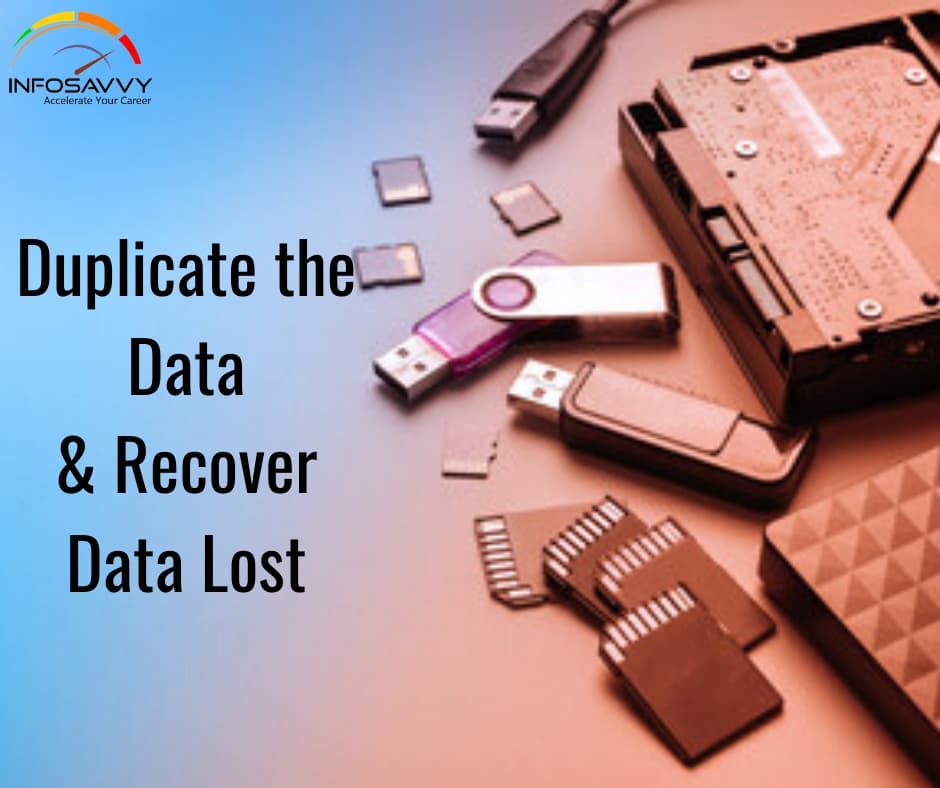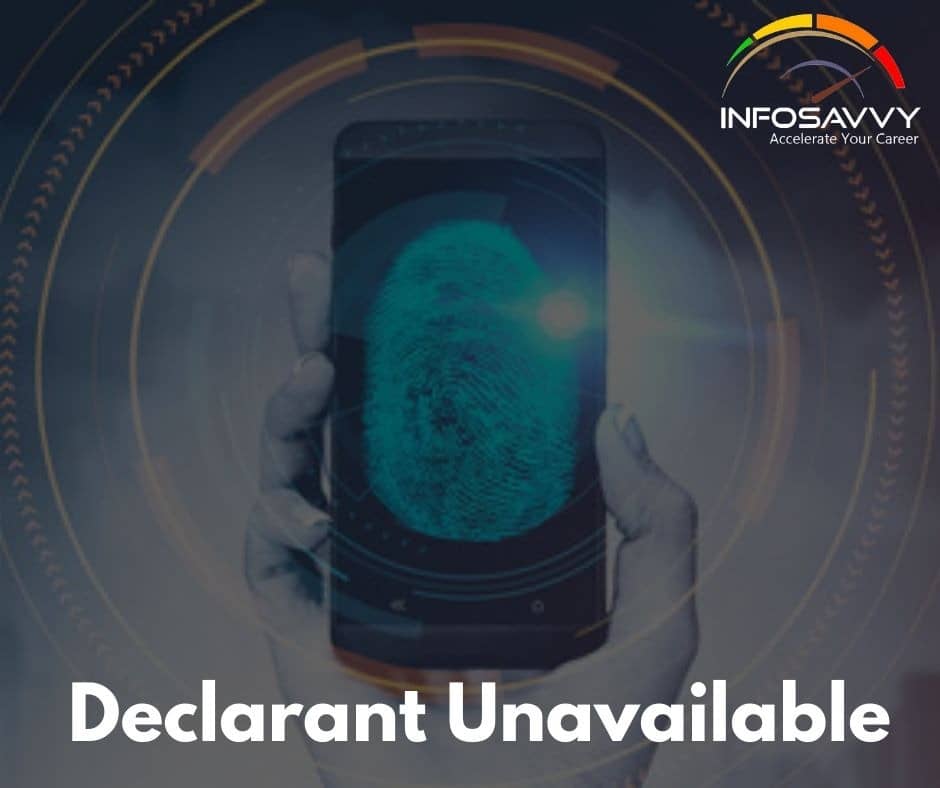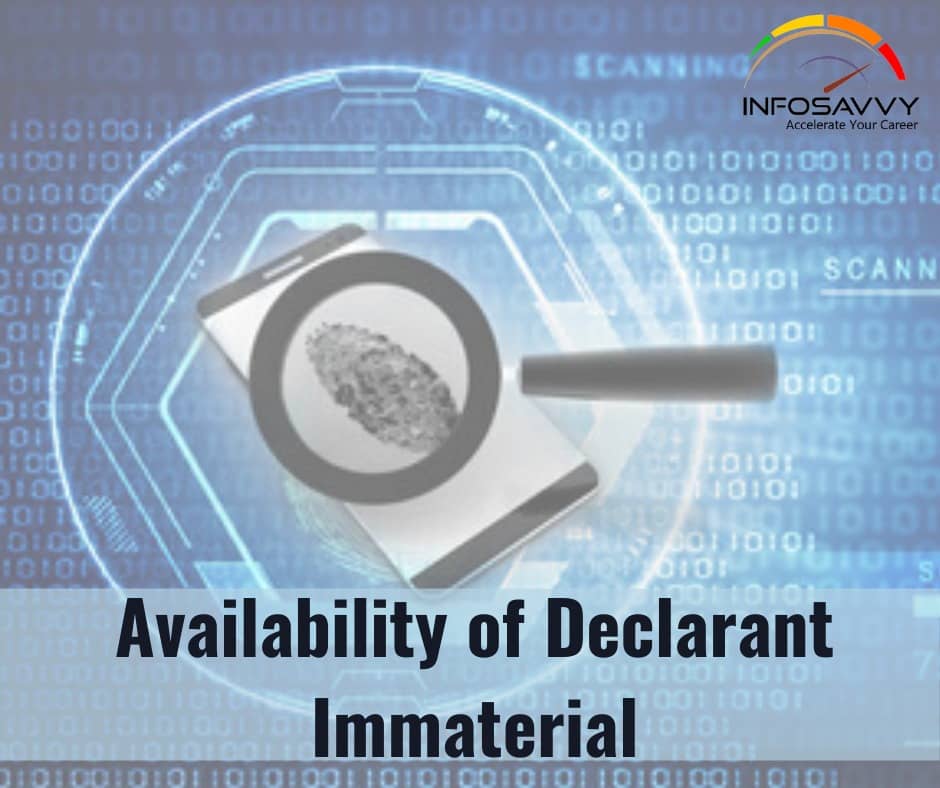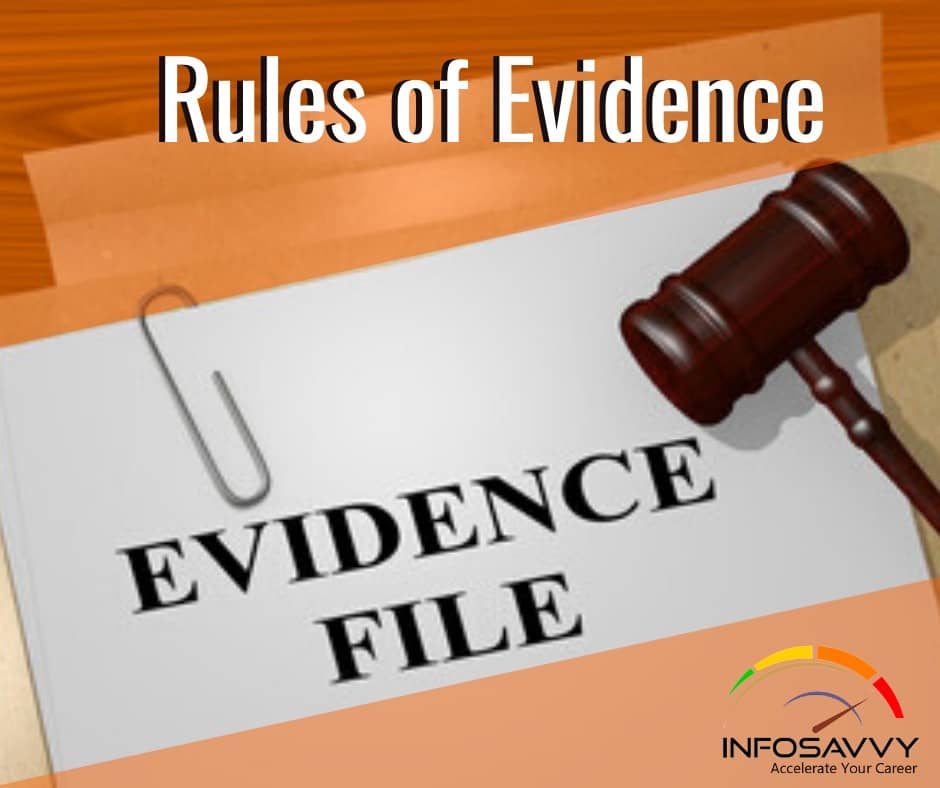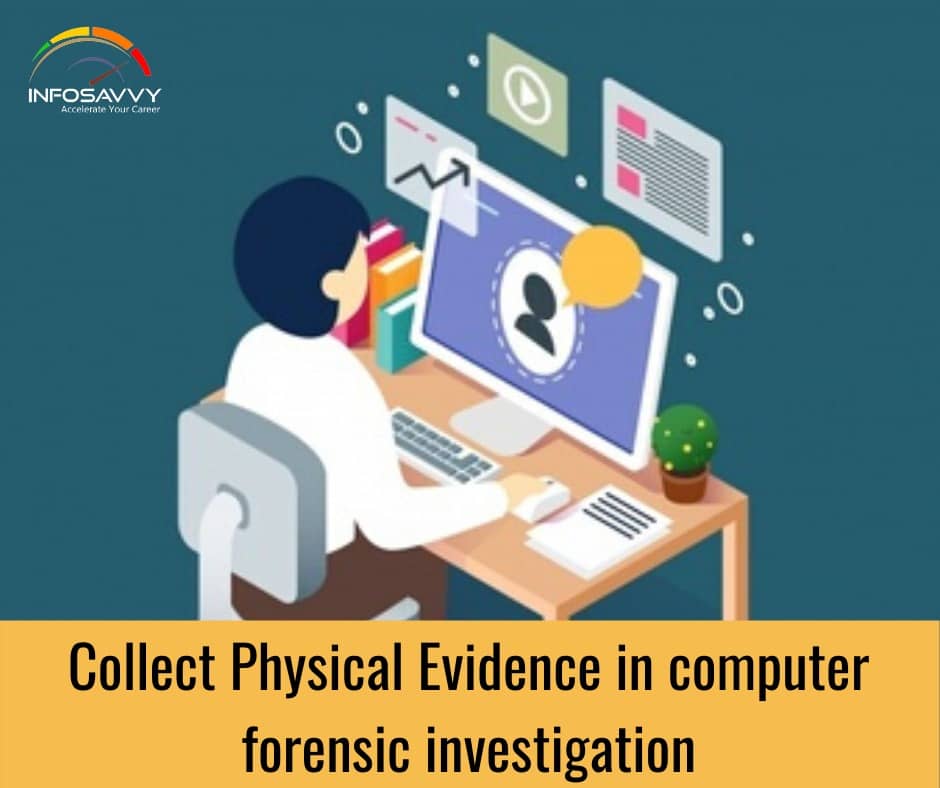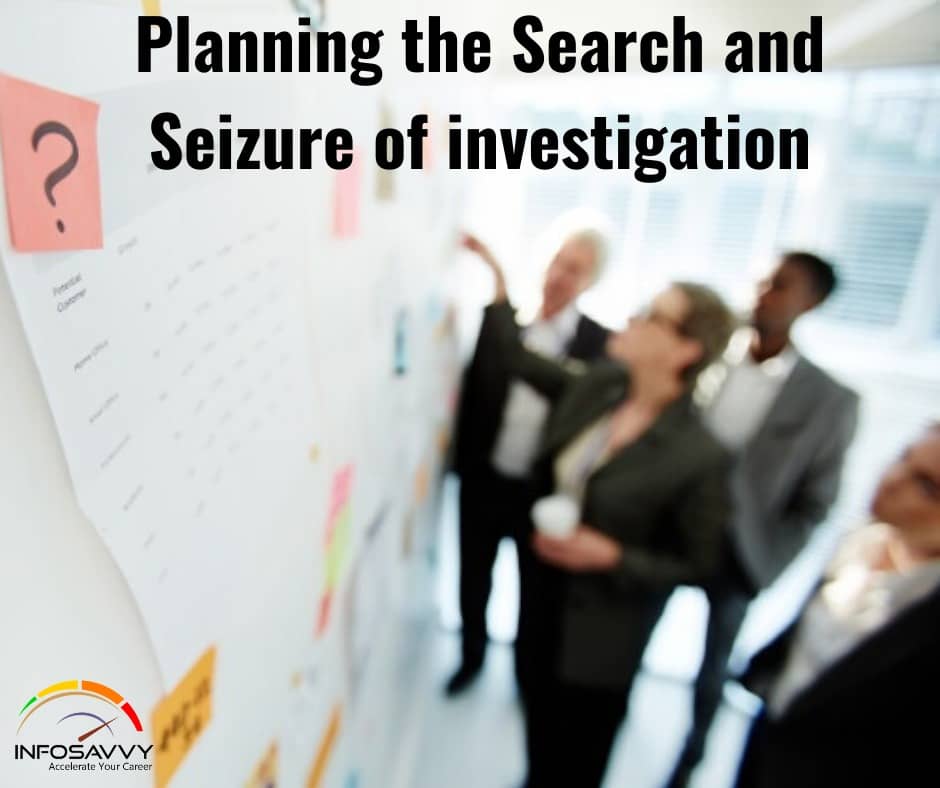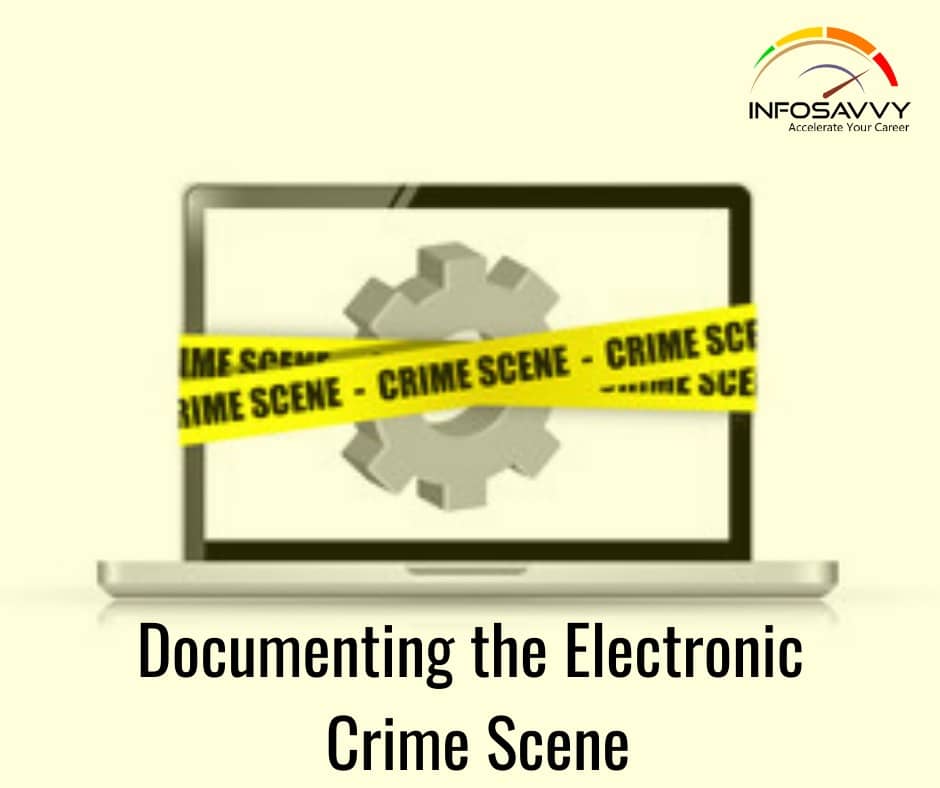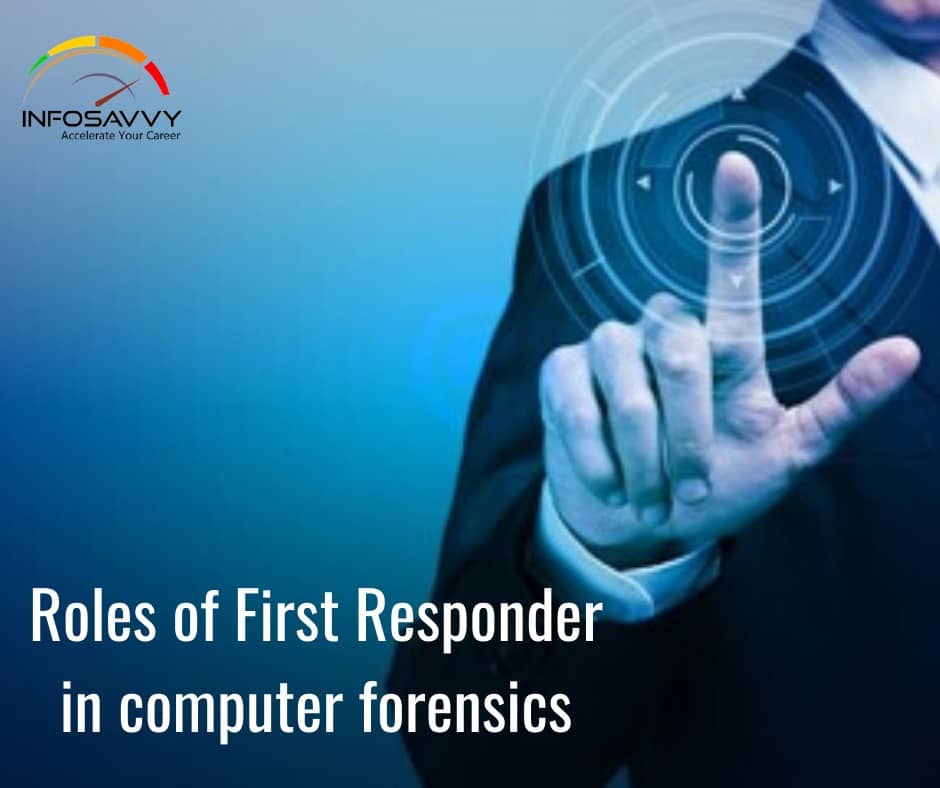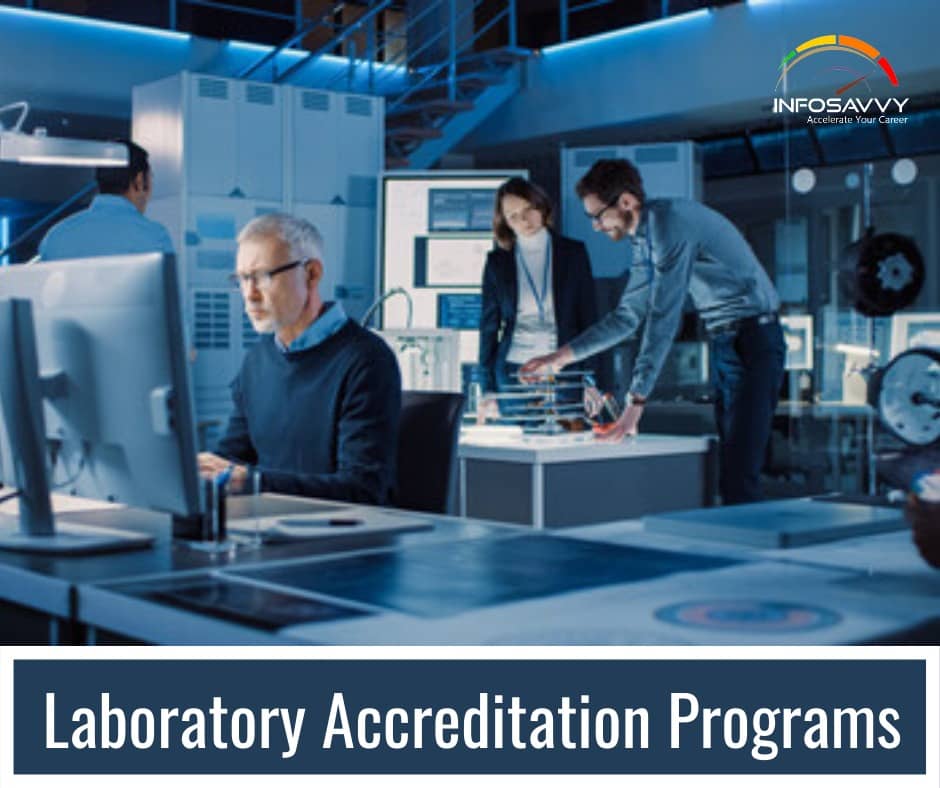Writing the Investigation Report & Testifying in the Court Room
In this article explain Writing the Investigation Report , Testifying in the Court Room & Closing the Case in detail. Writing the Investigation Report Report writing is a crucial stage in the outcome of the investigation, as it summarizes all the investigation process into a readable report, presented to a court of law. Based on the accuracy and certainty of this report, the court will prosecute the suspects. The report should be clear, concise, and …
Writing the Investigation Report & Testifying in the Court Room Read More »

